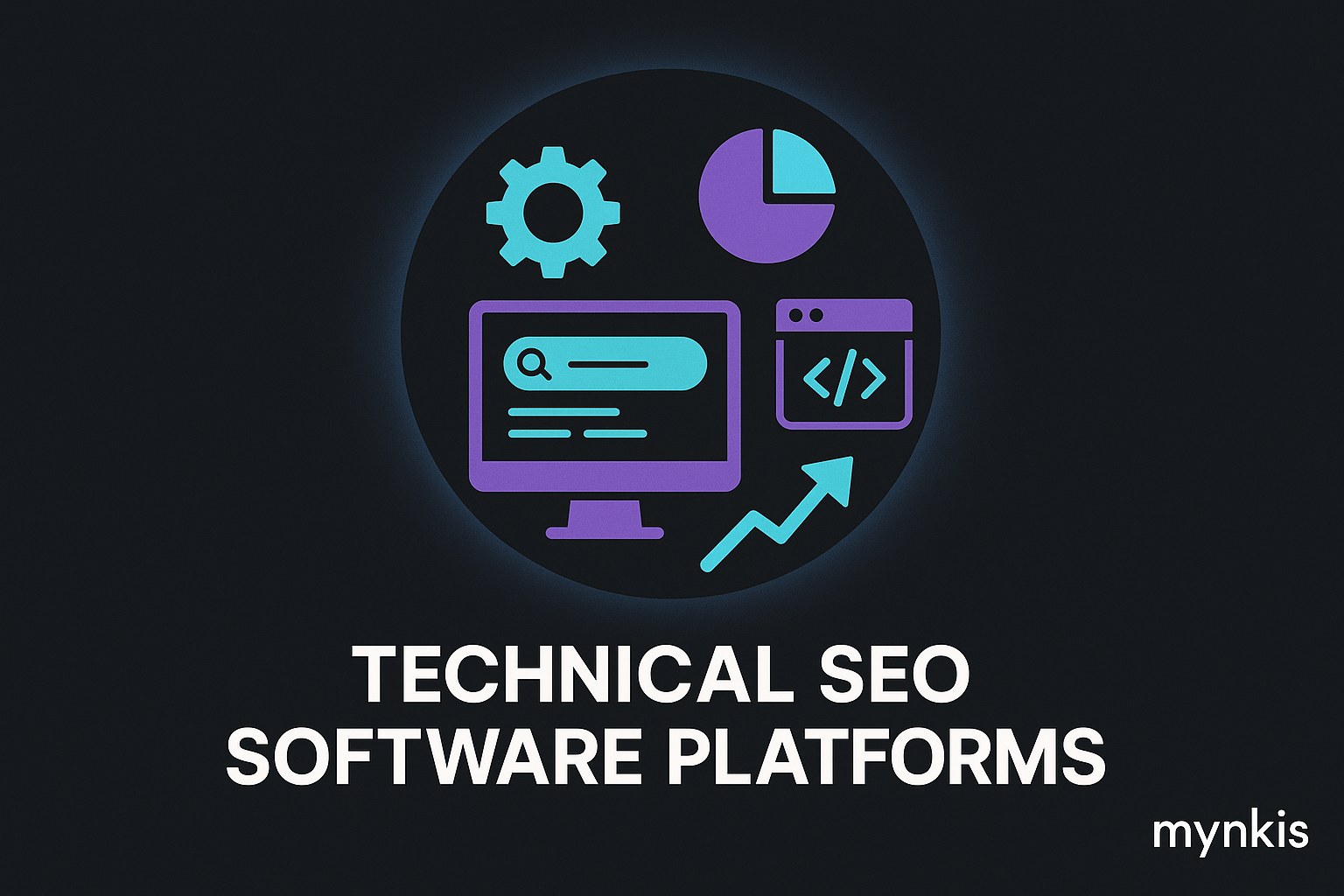Schedule a Demo
Technical SEO might sound like a daunting concept, but it's crucial for ensuring your software platform or B2B website isn't just another digital island adrift in the vast sea of the internet. I've seen firsthand how effective technical SEO turns potential into profits. It's not just about achieving higher search engine rankings; it's about making your site easily discoverable, navigable, and appealing to both users and search engines.
A well-structured website is foundational to a robust technical SEO strategy. When I work with clients, one of the first steps we tackle is site architecture. I find that simplifying your site's hierarchy improves user experience and search engine indexing. Utilizing a clear, hierarchical navigation system ensures that important pages are accessible within a few clicks.
Mobile optimization is no longer optional; it's imperative. From my experience, more than 50% of traffic on many software sites comes from mobile devices. Ensuring your website offers a seamless mobile experience can significantly boost your SEO performance. This involves designing with mobile in mind, implementing responsive design, and speeding up mobile load times.
One can't overstate the importance of site speed when it comes to SEO. I've often encountered sites that lost potential leads simply because the page took too long to load. Minimizing the use of hefty scripts, leveraging browser caching, and using a Content Delivery Network (CDN) are my go-to strategies for boosting site speed. Faster websites mean happier users and better SEO outcomes.
In a time where data security shapes user trust, transitioning to HTTPS is a smart move for technical SEO. Time and time again, I've observed how sites that switched to HTTPS have not only bolstered their security but also improved their search engine rankings. HTTPS encryption reassures visitors their information is secure, and Google rewards that assurance with better SEO standings.
Schema markup sounds technical, and it is, but it's also a game-changer for how your software platform or B2B site appears in search results. I often stress to my clients that correctly implemented schema can result in rich snippets, providing more eye-catching and informative listings. For software products, this might mean detailing features or pricing directly in the search results, significantly boosting click-through rates.
An XML sitemap might not be the most glamorous aspect of SEO, but it's indispensable. I view it as the roadmap for search engine bots, indicating the important pages they need to index. A comprehensive and well-maintained sitemap ensures no critical page gets overlooked by search engines, thereby enhancing your site's overall visibility and SEO strength.
Proper use of redirects is a crucial part of technical SEO. I've guided many clients through site migrations or restructuring efforts where maintaining a clean redirect path preserved SEO rankings. Whether it's setting up 301 redirects to handle URL changes or employing 404 pages creatively, redirects manage how your site deals with changes gracefully, ensuring users and search engines always find what they're looking for.
Google's introduction of Core Web Vitals has shifted how technical SEO is conducted. These metrics, focusing on aspects like load time, interactivity, and visual stability, are now a pillar of SEO rankings. In my conversations with c-level executives, I often stress the necessity of optimizing for these vital indicators, which improves both user satisfaction and search engine visibility.
Technical SEO isn't only about algorithms; it's deeply intertwined with user experience, particularly accessibility. From my own implementation experiences, adhering to best practices in web accessibility not only caters to a wider audience but also aligns perfectly with Google's SEO requirements. A more accessible site means better engagement, and ultimately, stronger SEO performance.
Integrating robust technical SEO practices directly into software development or B2B platforms yields rewarding outcomes. A personal case study that comes to mind is a project I worked on with a SaaS provider. Implementing thorough site audits, mobile optimizations, and HTTPS improved their organic traffic by over 75%. It was a clear demonstration of how a deep focus on technical SEO empowers software solutions in a crowded market.
The world of SEO is constantly evolving, as are the trends influencing technical SEO for software platforms. Monitoring Google's algorithm updates, understanding shifts in user behavior, and staying abreast of emerging technologies help in adapting strategies that keep your B2B site or software application ahead of the curve. It’s about continuous improvement, rather than a set-and-forget approach.
For B2B companies, the integration of technical SEO into broader digital marketing strategies is key. As part of the content marketing arm, SEO can enhance lead generation significantly. This goes beyond web design, tying in closely with content strategy, social media, and email marketing. Integrating all these aspects ensures your technical SEO efforts are part of a larger, harmonious digital marketing melody.
The relentless pace of digital changes means that futureproofing your SEO strategy involves more than today's technical fixes. It requires a visionary approach. Based on available research, what works for SEO today may evolve tomorrow; hence, building a site with flexibility in mind and constantly monitoring for updates will help your software website or B2B platform maintain top performance in the long run. As strategies shift, so should your adjustments, keeping your platform at the leading edge of the digital space.
